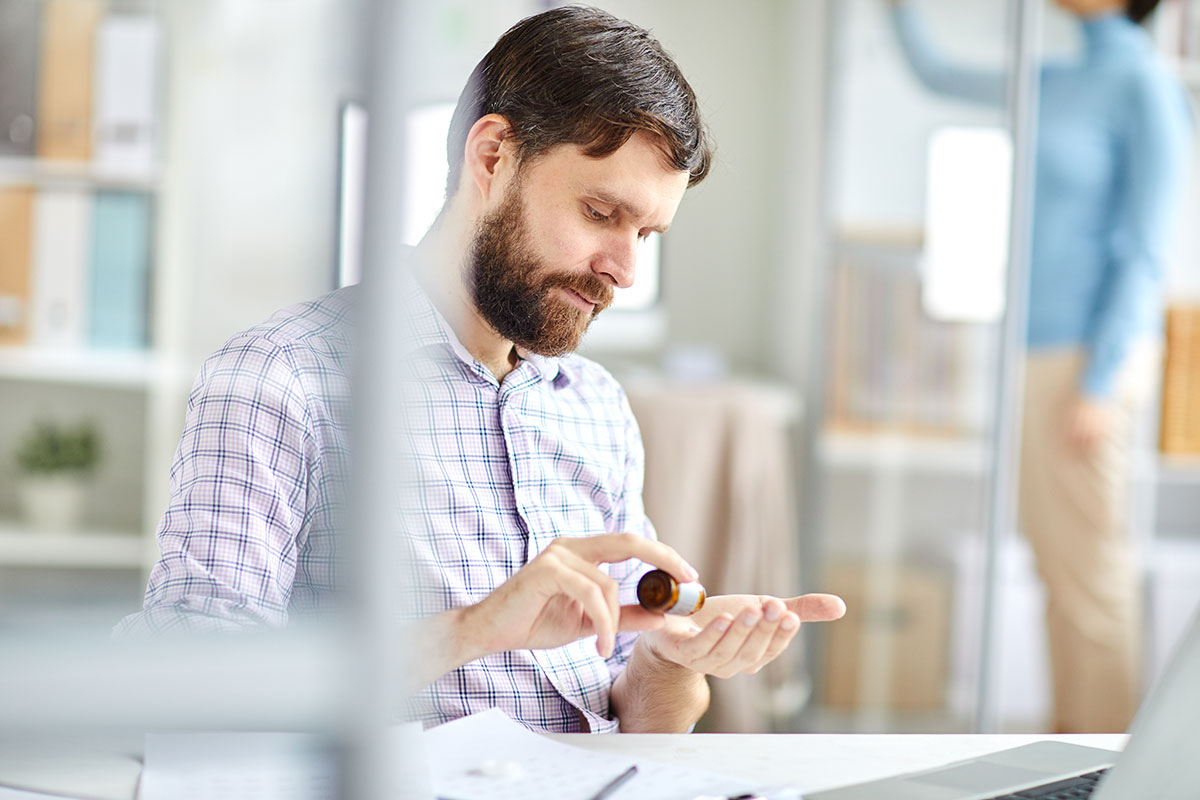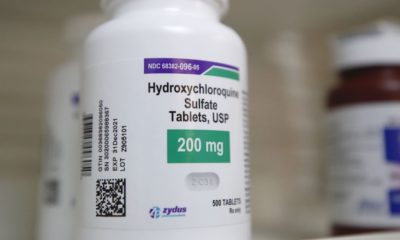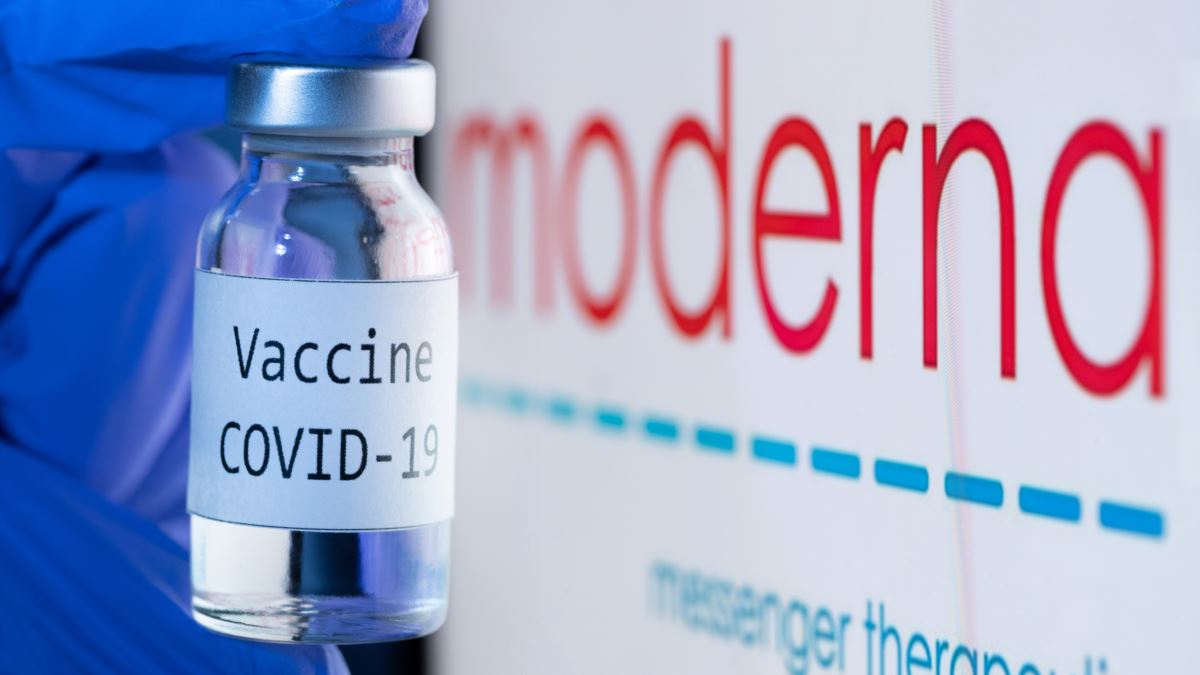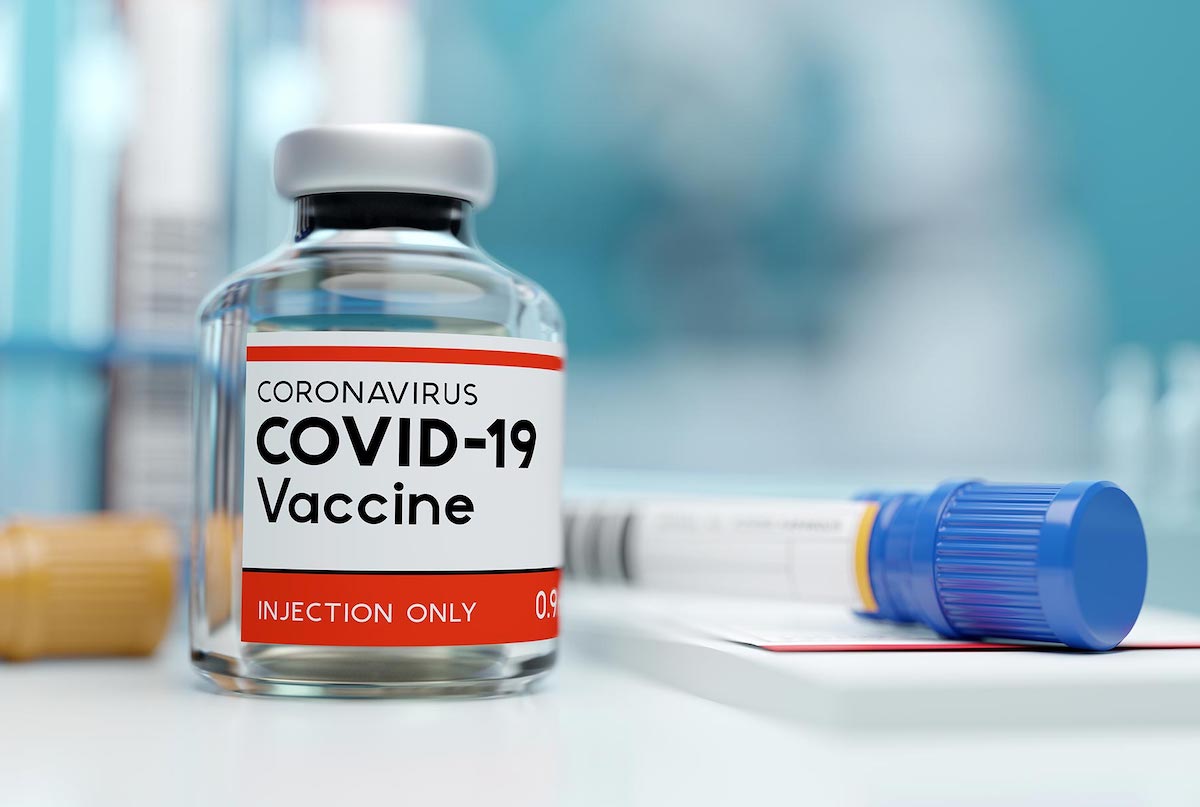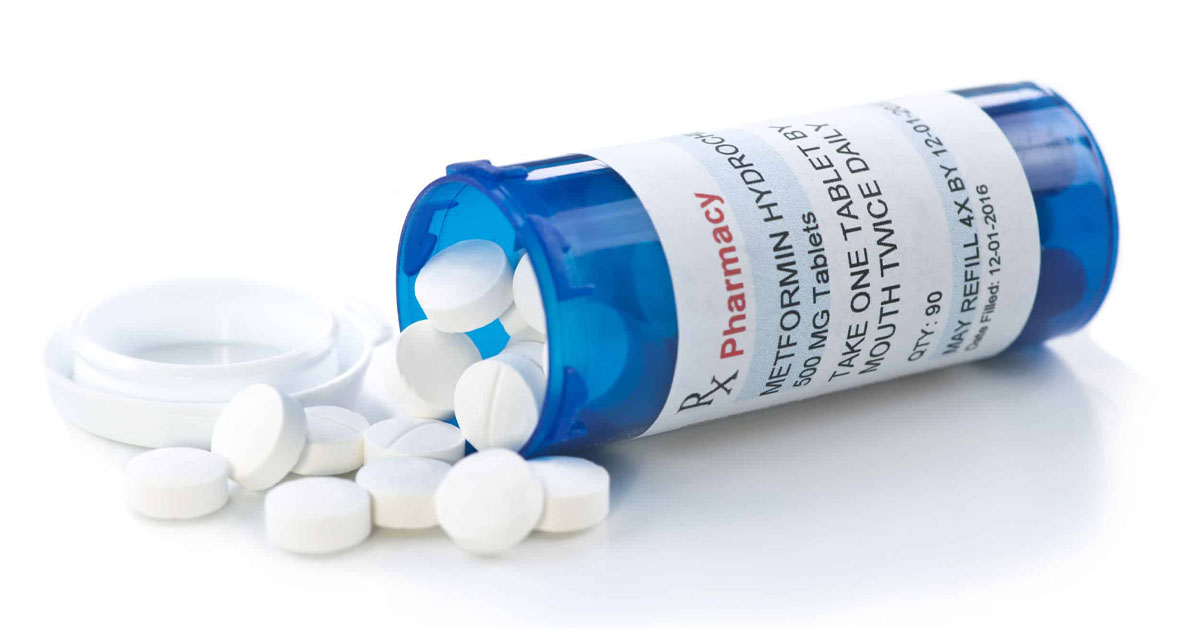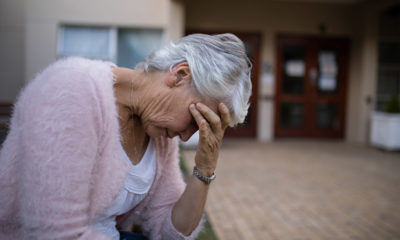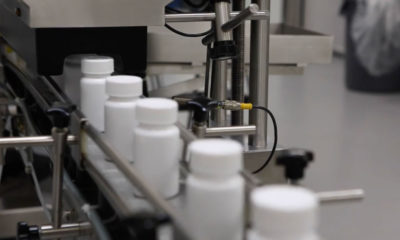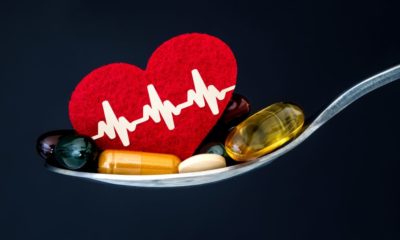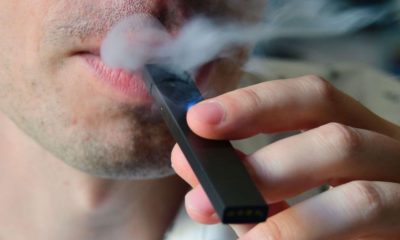Along with the illness, the coronavirus outbreak has many potential secondary concerns. One of these is the likelihood of increased numbers of opioid addicts and relapses.
Addiction Relapses
Most addicts attend some kind of meeting to help them maintain their recovery, whether it be Alcoholics Anonymous, Narcotics Anonymous or another 12-step program. Now that the majority of those meetings and groups have been suspended, the only option is online recovery for a lot of the recovering addicts.
For many of the addicts, online works well. For others, it just isn’t the same. They may not have access to online resources. They often say there is a disconnect online compared to being in the same room with people.
Recovering addicts may feel isolated and suffer from depression along with anxiety because of COVID-19 and the restrictions of social distancing. Even though they understand the need for it, many will be faced with mental health issues. It is these same mental health issues that often lead to addiction in the first place.
Addiction is an isolating situation with people hiding their drug use from others around them. This situation makes it easier for them to continue the behaviors.
A common part of addiction treatment for opioids is methadone and other opioid prescriptions. These medications are given to help prevent the cravings that go along with withdrawal from opioids like heroin. The government has relieved the restrictions of taking the medication daily at a treatment clinic with doctors being able to give prescriptions for 14 or 28 days to take at home.
The problem with this solution is that active addicts may take more than they should and overdose or relapse. They have the entire 28-day supply at their disposal, and they may not be able to withstand the temptation to take extra, especially if they are experiencing anxiety or depression from being alone.
The Risk of Addiction
Those who are prescribed opioid painkillers may face a greater risk as well. While they are monitored for medication use, the anxiety they feel at this pandemic may lead them to experience more physical pain as well. They may self-medicate by increasing the dosage over what was prescribed.
When this happens, people are at a higher risk for developing a dependency on the drugs, which can lead to addiction. With the stay-at-home orders throughout the country, friends and family may not even be aware of changes in mood and behaviors to recognize the indications of addiction.
Risks with COVID-19
Drug users are often a higher risk for developing complications from the virus because of compromised immunity systems and lung damage due to drug abuse. Their withdrawal symptoms can also mask the symptoms of COVID-19, which would lessen the likelihood that they would seek medical attention as quickly as they should.
Medical professionals could also misdiagnose those with COVID-19 as drug withdrawal symptoms. It may take longer for an accurate diagnosis, which could increase the risk of serious health issues or even death.
